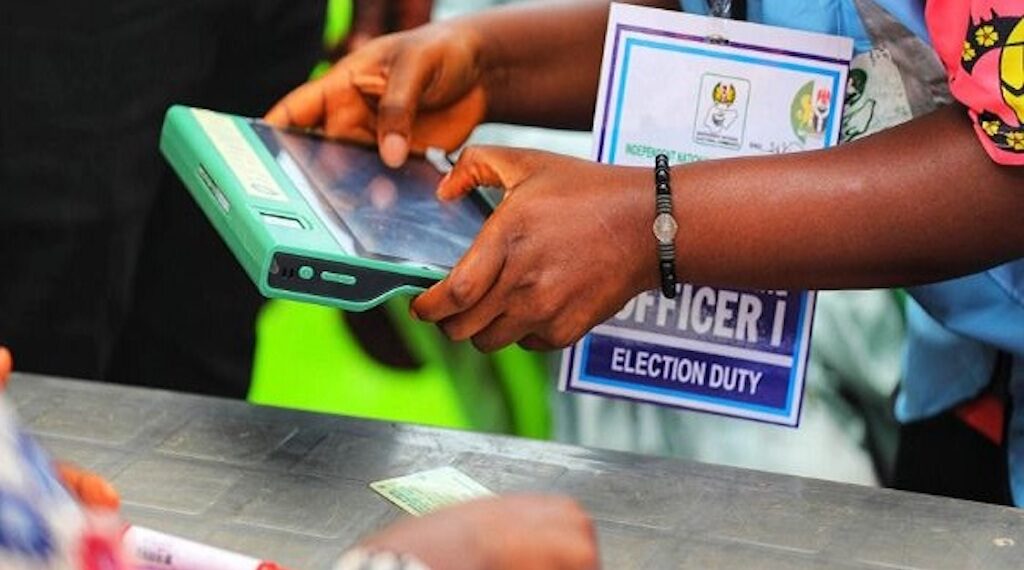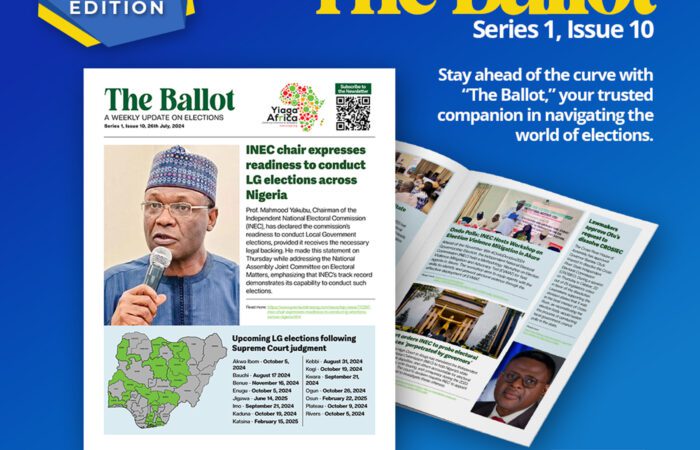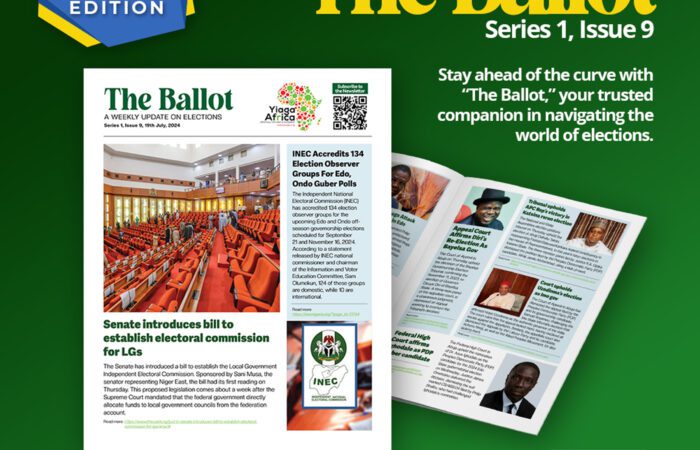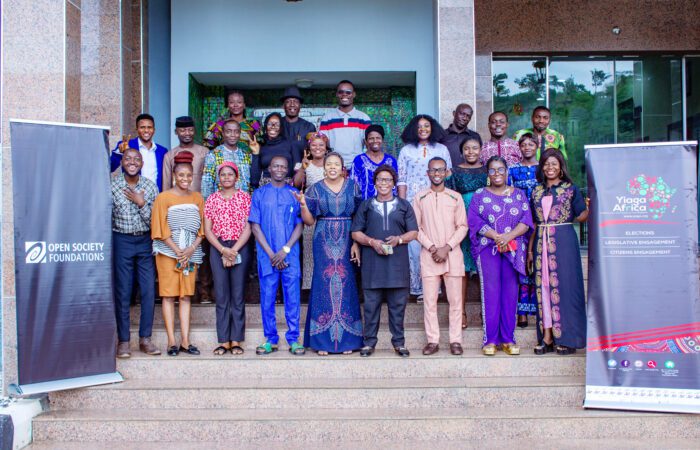Nigeria’s elections in 2023 will be a watershed moment for the country as it navigates a complex political landscape. As the country works to create a more stable and prosperous future, technology will play a critical role in ensuring that elections are free, fair, and transparent. Since the Independent National Electoral Commission’s Continuous Voter Registration initiative was able to identify approximately 2.7 million double registrations using technology in voter registration and also simplifying the voter registration procedure with the use of biometrics and digital data, easing the process for eligible persons to register to vote.
Here are a few technologies introduced by the electoral commission and civil society organisation that will greatly improve the credibility and outcome of the 2023 general election. One of the most significant technological tools that will impact the 2023 elections is the use of the Bimodal Voter Accreditation System (BVAS). The BVAS will allow for a faster and more accurate accreditation process, reducing the potential for human error and fraud.
The Independent National Electoral Commission (INEC) introduced The INEC Result Viewing Portal (IReV)in 2020 during the Edo state governorship election an online platform designed to promote transparency in the electoral process, it allows for the easy dissemination of polling unit results, making the electoral process more transparent and accountable to citizens. The portal also provides accessibility for the general public to access and view official election results in real-time. The IReV provides an easy way for citizens to verify the results, increasing the credibility and preventing electoral malpractices in the electoral process.
Also, as part of effort to promote electoral integrity, Civil Society Organisations like Yiaga Africa will be deploying statistics and information technology as part of its Parallel Vote Tabulation election observation interventions. The PVT deploys citizen observers to sampled polling units while providing accurate and timely information on the process through the feedback received via coded text messages and analysed via a technological database. Thus the PVT can also verify the accuracy of election results that will be released by the electoral commission. This methodology has been used in more than 10 elections in Nigeria including the 2019 Presidential and other off-circle elections.
Lastly, the Election Result Analysis Dashboard ERAD, a tool developed by a civil society organisation Yiaga Africa. The ERAD allows for the real-time aggregation and analysis of polling unit results uploaded to the IReV.
This helps to increase transparency and credibility in the election process, as well as eliminating the need for citizens to wait for results to be announced on traditional media, providing them with the results as soon as they are available. The dashboard can also help to identify and address any potential issues or discrepancies in the results, which can help to increase the overall integrity of the election and detect electoral malpractices.
In conclusion, technology will play a crucial role in the Nigeria 2023 elections by ensuring that the process is free, fair and transparent. From voter education, voter registration and electronic accreditation systems, technology will provide the necessary infrastructure for the electoral process, making it more efficient and accessible for all citizens.







